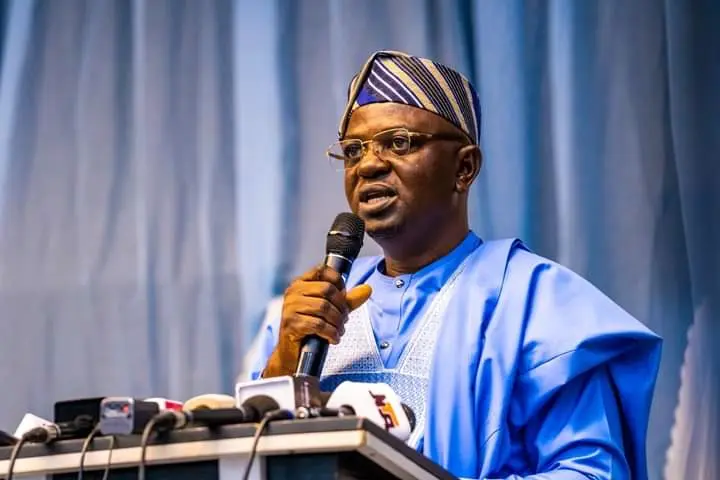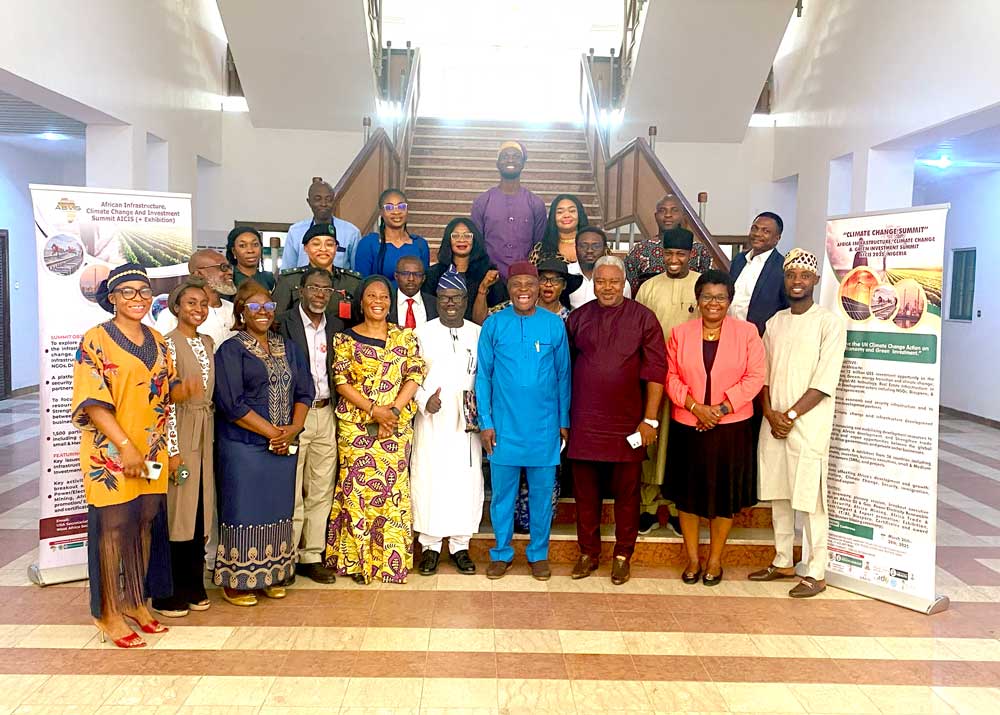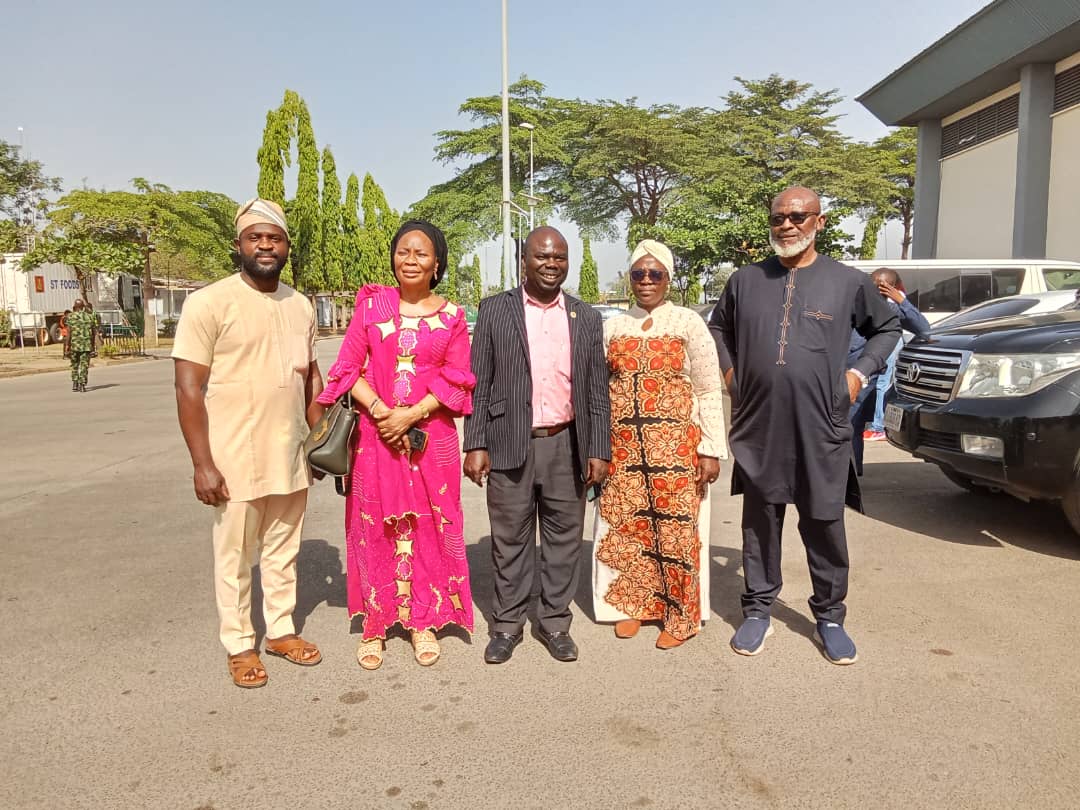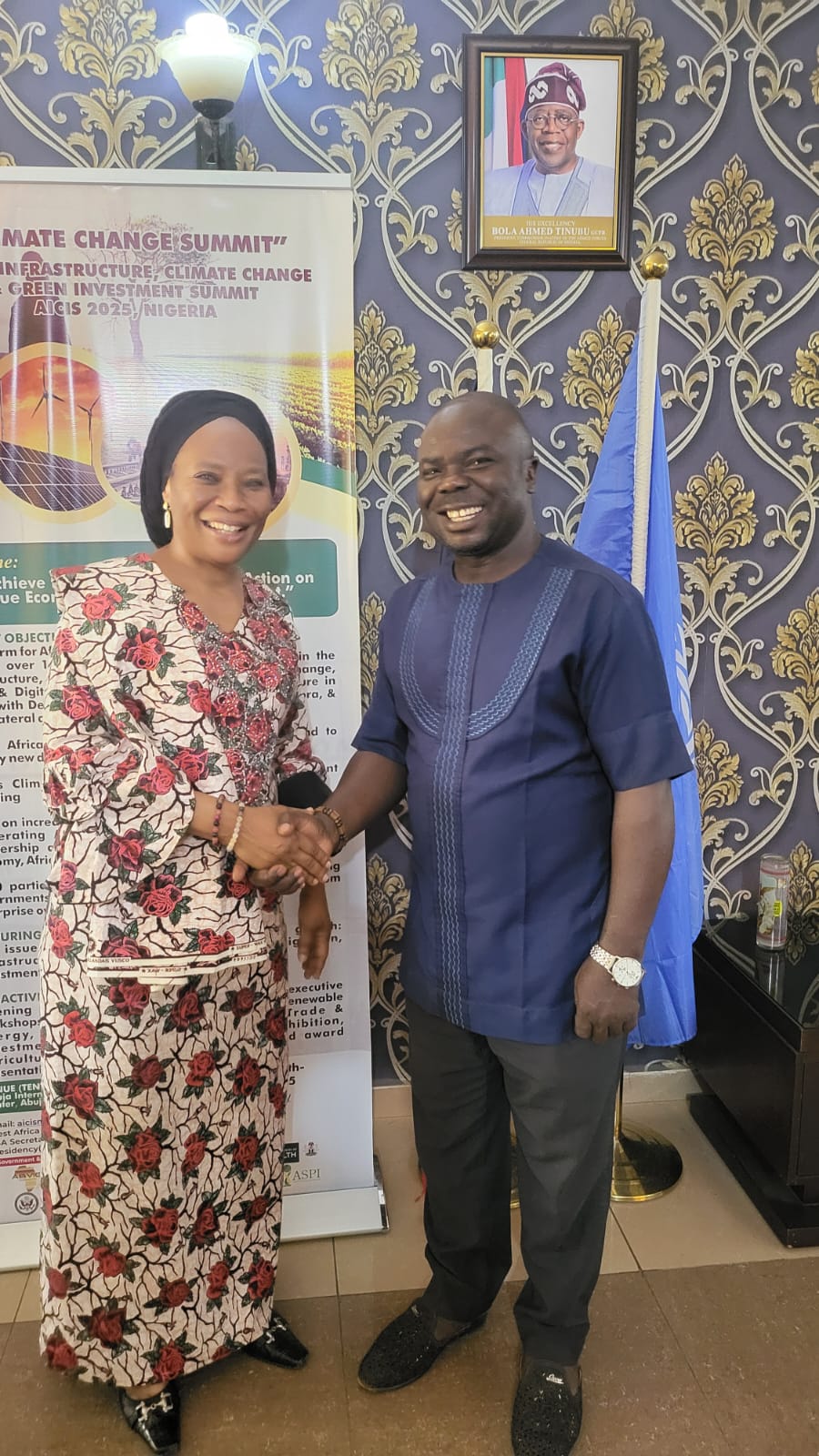Utsev gave the assurance at the unveiling of Nigerian Multi-Lateral Infrastructure and Climate Change Summit and Business Excellence on Friday, August 30, 2024, in Abuja.
The programme was organised by the Africa Infrastructure, Climate Change and Investment Summit (AICIS), 2025 – Nigeria.
The summit was aimed at exploring over $12 trillion investment opportunity in the infrastructure, green energy transition, climate change, space and digital/Artificial Intelligence technology drive for Africa.
Utsev said that the ministry had taken deliberate steps to mitigate the impact of climate change on water resources and associated infrastructure.
He said the programme was to also create a platform for the assessment of Africa economic and security infrastructure and to identify new development partners and many more.
The minister, represented by the Director of Hydrology in the ministry, Mrs Ngozi Abohwo, said that the ministry had taken a proactive approach in preparing for infrastructure development and climate change action.
He said that ministry recognised the urgency of the challenges of climate change.
Utsev said that recent policy initiatives and strategic plans, such as the Water, Sanitation, and Hygiene (WASH) Action Plan and the main report of the presidential committee preventing flood disasters reflected the ministry’s commitment to building resilient water and sanitation infrastructure.
“The quantum of energy required and amount of emission from the water sector is huge especially when moving water from one location to the other or pumping water through the systems.
“Consequently, it is very important to deploy more renewable energy sources to the water sector in order to reduce the Green House and Gas (GHG) Emission or Carbon Footprints.
“In this regard, the ministry has unveiled the National Programme for Conversion of Diesel-Powered Water Schemes (Irrigation schemes, Boreholes and Water Treatment Facilities) to renewable energy sources.
“This project aims at inventory, rehabilitation and conversion of existing schemes designed using fossil fuel to renewable energy sources based on energy available within each region of the country.
“In its bid to reduce the emission of greenhouse gases which are the major drivers of climate change and to reduce flood with its attendant colossal loss and damages, the ministry has commenced processes for the Construction of Small Hydropower Plants nationwide and the Datsin Hausa Dam.
“The Small Hydropower Project aims to retrofit existing Small Dams initially constructed for irrigation purposes with small hydropower systems,” he said.
Mr George Akume, Secretary to the Government of the Federation, said his office would continue to support AICIS partnership to promote infrastructure development, climate change and investment drive for Nigeria and Africa in general.
Akume was represented by Mr Etoabasi Okon, Deputy Director, Public Affairs and Bilateral Relations, Office of the Secretary to the Government of the Federation.
He said that Africa continent needed to harness all the potential in the climate change activities for the continent’s economic benefits.
Mr Moses Owharo, Chairman of the Planning and Organising Committee for AICIS 2025, said that the Nigerian Multi-lateral, Infrastructure and Climate Summit would shape the future pathway of Africa’s development, starting with Nigeria.
He said that the country was the powerhouse of West Africa considering its role in politics and economics.
Owharo emphasised the importance of the summit in addressing the urgent needs of Africa, particularly in infrastructure development and climate action.
“We believe that AICIS 2025 would project Africa to the world and Nigeria in particular considering the successful implementation of the maiden edition in the U.S. in 2024,’’ he said.
The representatives of the Ministry of Women’s Affairs, the Nigerian Space Agency, Diplomats, Burundi and Ethiopia Embassies, Civil Society Organisations (CSOs), NGOs and other development partners attended the event.
By Aderogba George




